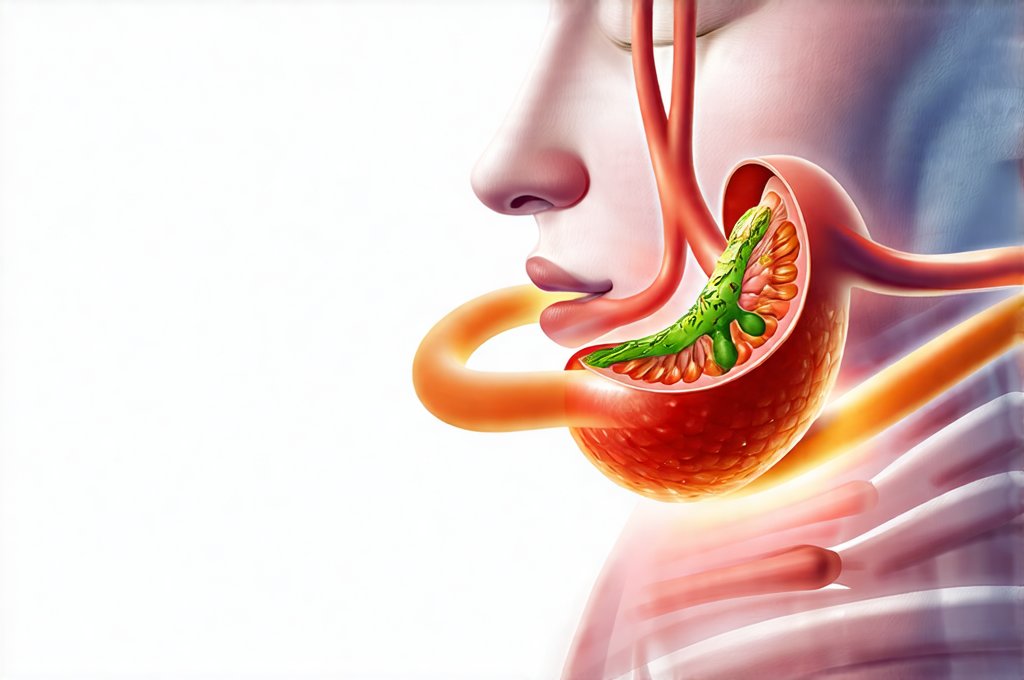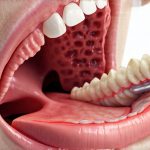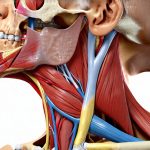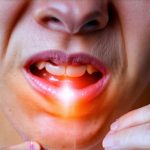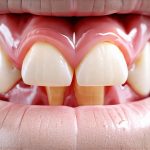Gastroesophageal reflux disease (GERD) is often associated with meals – heartburn after a spicy dinner, acid indigestion following a large portion. But what happens when those familiar burning sensations, sour tastes, or the feeling of something stuck in your throat appear without having eaten anything? This can be particularly unsettling, raising questions about the source of the reflux and how to manage it effectively. It’s crucial to understand that reflux isn’t always food-related; a multitude of factors beyond dietary intake can trigger these symptoms, and identifying those triggers is key to finding relief. Ignoring persistent or severe symptoms, however, is never advisable – consulting with a healthcare professional remains the most important step towards understanding your individual situation.
This phenomenon—experiencing reflux symptoms on an empty stomach—can be attributed to several underlying mechanisms that differ from typical postprandial (after-meal) reflux. While food can certainly contribute to lower esophageal sphincter (LES) relaxation and increased abdominal pressure, other elements like stress, body position, certain medications, or even just the natural circadian rhythms of your digestive system can play significant roles. The complexities of GERD mean that it’s not always a simple cause-and-effect relationship between what you eat and when you experience symptoms. Recognizing this nuance allows for a more holistic approach to management, focusing on lifestyle adjustments and understanding personal triggers beyond dietary restrictions.
Understanding Empty Stomach Reflux
Empty stomach reflux often feels different than the typical postprandial variety. It tends to be less directly tied to specific foods and can occur at any time, including during sleep or first thing in the morning. This is frequently linked to a few key factors: increased abdominal pressure unrelated to food (like from bending over or straining), heightened sensitivity of the esophagus itself, and fluctuations in stomach acid production even when fasting. Gastric acidity doesn’t necessarily increase with eating; it can vary throughout the day based on individual physiology and stress levels. A weakened or intermittently functioning LES is a common denominator, allowing acidic contents to creep upwards into the esophagus regardless of whether there’s food present to exacerbate the issue.
Furthermore, the position you are in can significantly impact these symptoms. Lying down encourages stomach acid to flow more easily into the esophagus. This explains why many people experience nocturnal reflux – symptoms that worsen when lying flat at night. Similarly, bending over or prolonged periods of sitting can increase intra-abdominal pressure, forcing stomach contents upwards. It’s important to remember this isn’t necessarily a sign of a more serious condition than food-related reflux, but it does suggest different underlying triggers and may require a slightly modified approach to symptom management. If you are concerned about what happens when you eat certain foods, understanding the difference is crucial.
Finally, psychological stress is a major contributor. Stress can increase stomach acid production and disrupt the normal functioning of the LES. This creates a vicious cycle where anxiety about reflux itself exacerbates the symptoms, leading to more stress and increased acidity. The brain-gut connection is incredibly powerful, and recognizing this interplay is essential for effective long-term management. If you suspect acid reflux may be linked to sensitivities, it’s important to explore your options.
Identifying Potential Triggers
Pinpointing what causes your empty stomach reflux requires some detective work. It’s not always obvious, but systematic observation can help reveal patterns. Start by keeping a detailed symptom journal:
– Record when symptoms occur (time of day, activity level).
– Note what you were doing immediately before the symptoms appeared.
– Briefly describe the intensity and nature of the symptoms.
– Consider any potential stressors or anxieties you might be experiencing.
This journal will help you identify correlations between your activities, emotional state, and reflux episodes. Beyond immediate triggers, consider these possibilities:
- Medications: Some medications – including certain pain relievers, antidepressants, and asthma inhalers – can relax the LES or increase stomach acid production.
- Body Position: As mentioned earlier, lying down is a common trigger. Even slight elevation of the head of your bed can make a difference.
- Clothing: Tight-fitting clothing around the abdomen can increase intra-abdominal pressure.
- Breathing Patterns: Shallow breathing can contribute to increased abdominal pressure. Practicing diaphragmatic breathing (deep belly breathing) may help.
Don’t underestimate the importance of eliminating potential triggers one by one to see if symptoms improve. This is a process of experimentation and self-awareness, but it’s often more effective than simply avoiding all potentially problematic foods. Understanding trigger foods can be the first step to identifying your sensitivities.
Lifestyle Adjustments for Relief
Once you have an idea of your triggers, implementing lifestyle adjustments can significantly reduce the frequency and severity of empty stomach reflux. These changes aren’t about deprivation; they are about making informed choices that support better digestive health. Consider these strategies:
- Elevate the Head of Your Bed: Raising the head of your bed by 6-8 inches can help prevent acid from flowing into your esophagus while you sleep. You can achieve this with bed risers or a wedge pillow.
- Practice Diaphragmatic Breathing: Deep, slow breaths encourage relaxation and reduce abdominal pressure. This technique is easily accessible and can be practiced anywhere.
- Manage Stress: Incorporate stress-reducing activities into your routine, such as yoga, meditation, mindfulness, or spending time in nature.
- Adjust Body Position: Avoid bending over immediately after waking up or during periods of rest. Maintain good posture while sitting.
- Avoid Late Night Activities: Minimize strenuous activity or heavy lifting close to bedtime.
Small, consistent changes are more effective than drastic, short-lived efforts. The goal is to create sustainable habits that promote long-term digestive health and reduce the burden on your system. You may also want to learn how to cook without exacerbating symptoms.
When To Seek Professional Guidance
While many people can manage empty stomach reflux with lifestyle adjustments, it’s crucial to seek professional guidance if symptoms persist or worsen. Don’t self-diagnose. There are several reasons why a healthcare provider should be consulted:
- Persistent Symptoms: If reflux occurs frequently (more than twice weekly) despite lifestyle changes, it may indicate a more serious underlying condition.
- Alarm Symptoms: Seek immediate medical attention if you experience difficulty swallowing (dysphagia), unintentional weight loss, vomiting blood, or black, tarry stools. These symptoms could signal complications such as esophagitis, ulcers, or even esophageal cancer.
- Medication Concerns: If you suspect a medication is contributing to your reflux, discuss alternatives with your doctor. Never stop taking prescribed medications without consulting your physician.
- Uncertain Diagnosis: A healthcare professional can perform tests (such as endoscopy or pH monitoring) to accurately diagnose the cause of your reflux and recommend appropriate treatment options.
A proper diagnosis will differentiate between GERD, other gastrointestinal disorders, and even non-gastrointestinal conditions that may mimic reflux symptoms. They can also rule out more serious causes and provide personalized recommendations tailored to your specific needs. If you have a flare-up, seeking medical advice is crucial.
Long-Term Management Strategies
Beyond immediate symptom relief, long-term management focuses on preventing recurrence and minimizing the impact of reflux on your quality of life. This involves a combination of ongoing lifestyle adjustments, potential medication (prescribed by a doctor), and regular monitoring of symptoms. Proactive care is essential.
One key aspect of long-term management is maintaining a healthy weight. Excess weight can increase intra-abdominal pressure and contribute to LES dysfunction. Regular exercise – even moderate activity like walking – can also improve digestive health and reduce stress levels. Furthermore, staying adequately hydrated helps maintain proper digestion and reduces the risk of constipation, which can exacerbate reflux symptoms.
Remember that consistency is key. Implementing these strategies as part of your daily routine will yield the best results over time. Don’t view it as a restrictive diet or an endless list of rules; instead, consider it a commitment to prioritizing your digestive health and overall well-being. How to know when a food is safe can be tricky without proper monitoring.
If you are dealing with babies who refuse to eat, it’s important to seek advice from your pediatrician.

